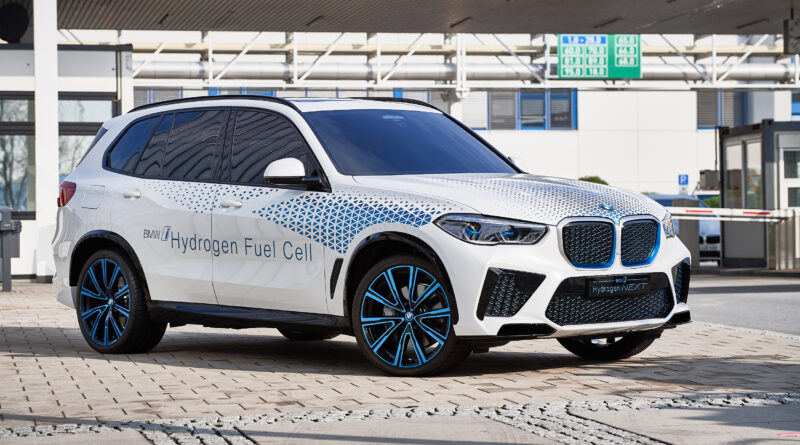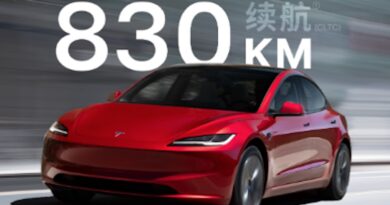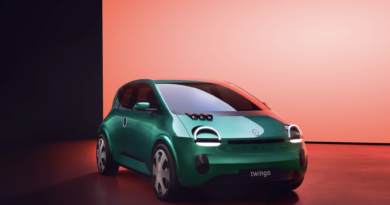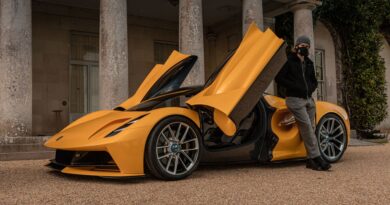BMW X5 FCEV confirmed for 2022 for hydrogen pilot program
BMW will begin a pilot program of hydrogen fuel cell electric cars from 2022 as part of its broader CO2 reducing efforts that have until now focused on battery electric vehicles.
In confirming the “small series” of BMW X5 FCEV development vehicles planned for next year, the company says “hydrogen vehicles can also play an important role in the growth of e-mobility and will become an additional option in the long term”.
The announcements were made at BMW’s Lightweight Construction and Technology Centre, a research and development facility not far from Munich that is working on materials and technologies to reduce weight in future models.
“Here at our Lightweight Construction and Technology Centre, we are creating important innovations for the mobility of the future,” said Dr Andreas Wendt, member of the Board of Management of BMW AG responsible for purchasing and supplier network.
“We are developing highly complex components tailored to the demands of our cars. In this way, the location is making a vital contribution to the company’s transformation towards e-mobility. More than ever, our in-house component production in Landshut serves as an innovation driver.”
BMW has already flagged hydrogen as a key part of its future vehicles strategy, which the company tagged as Neue klasse, or the “new class”.
Like other FCEVs, the BMW system feeds hydrogen into a fuel cell to create electricity which then powers an electric motor. There are also batteries to store excess electricity and provide more power as required.
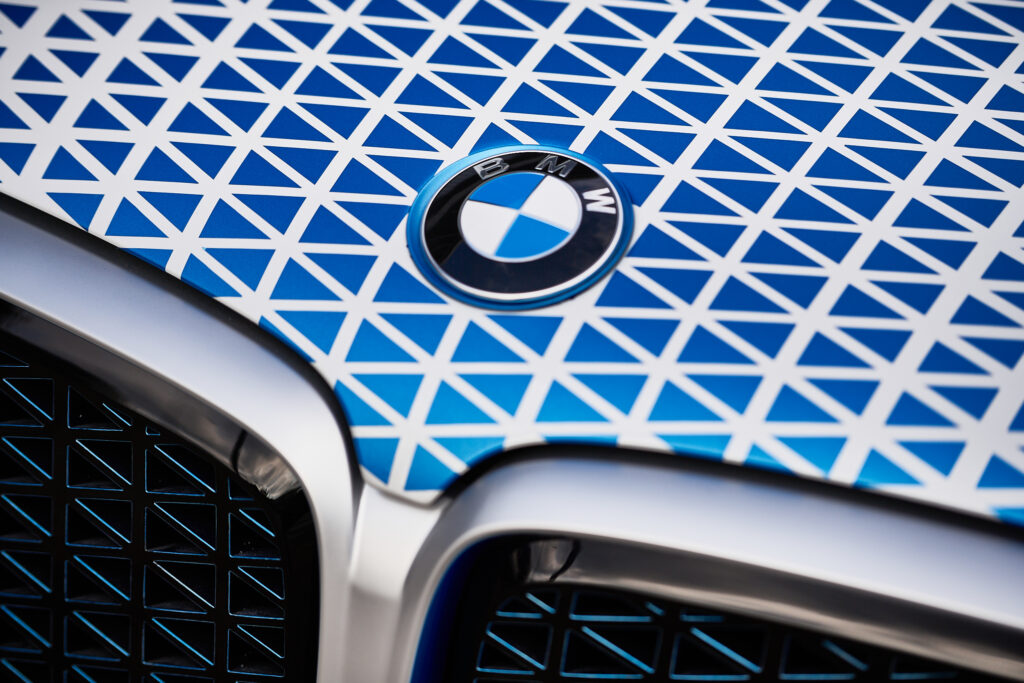
BMW detailed the fuel cell system currently under development as part of the i Hydrogen Next program.
It will use two carbon fibre hydrogen tanks capable of carrying six kilograms of hydrogen.
The fuel cell can make up to 125kW of power, while battery packs as well to provide additional power when required.
A single electric motor is mounted in the rear of the car powering the rear wheels. It’s the same motor from the upcoming BMW iX3, although it makes more power, with a maximum output of 275kW.
BMW has not said how many of the X5 FCEV pilot cars it will produce in 2022, but it appears the cars will not be for mainstream sale, instead being used as a trial program.
Still, BMW clearly sees plenty of potential for fuel cell technology as it transitions to electrification.
BMW says hydrogen fuel cell tech is “best suited for customers who frequently drive long distances, require a great deal of flexibility or do not have regular access to electric charging infrastructure”.
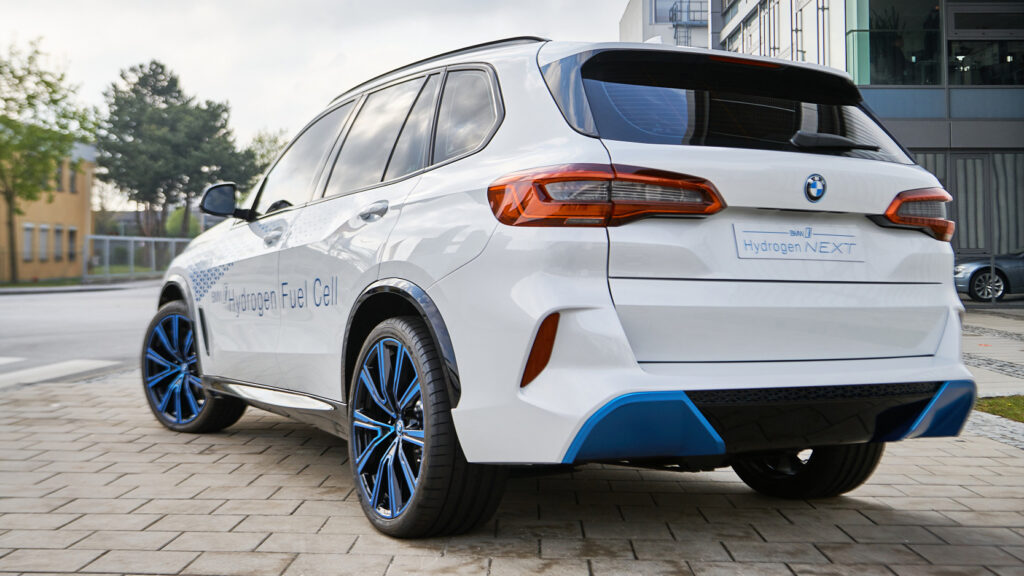
Those comments are similar to those from Hyundai and Toyota, two brands pushing FCEV technology in Australia.
Hyundai recently brought in about 25 Nexo FCEV SUVs and sees hydrogen as a viable replacement for diesel-powered vehicles today.
Toyota recently imported 20 Mirai hydrogen fuel cell cars and believes hydrogen is particularly well suited to large SUVs and utes such as the Hilux, Prado and LandCruiser.
Like Toyota and Hyundai, BMW says a lack of refueling infrastructure is the sticking point for FCEVs currently.
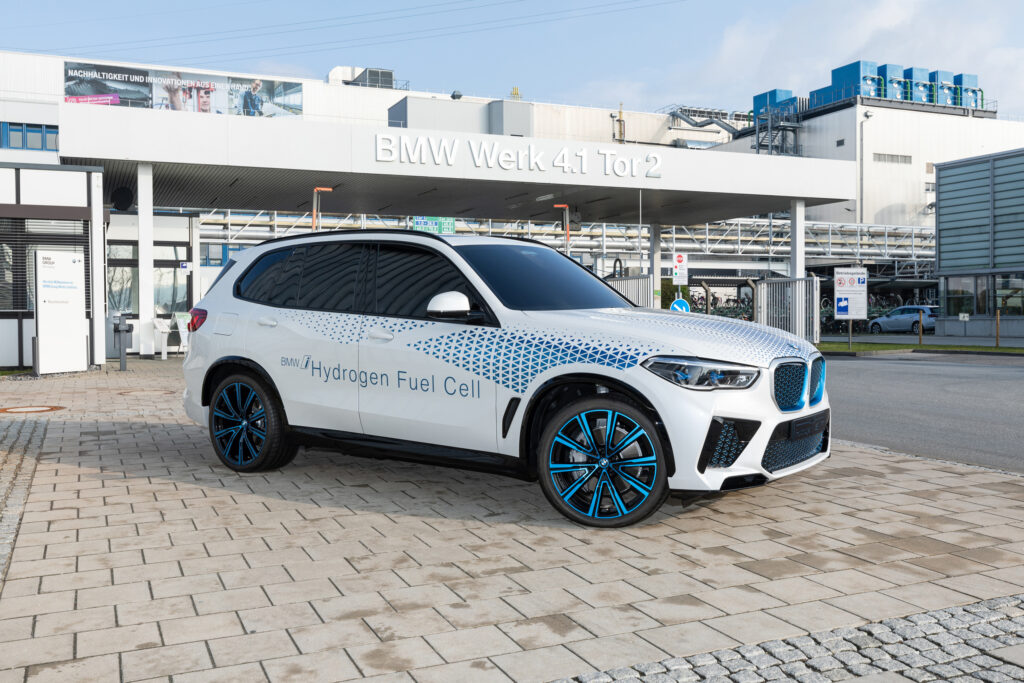
The luxury car giant has government interest and support in the form of Hubert Aiwanger, Deputy Minister-President of Bavaria and the state’s Minister for Economic Affairs, Regional Development and Energy. Such backup could be crucial in taking the next steps for a technology that currently has almost no refueling infrastructure.
“I am convinced hydrogen technology will gain traction – and I am committed to making Bavaria a high-tech location for hydrogen technology. This is a constructive way of responding to the climate debate,” said Aiwanger.
“The focus now is on building a hydrogen infrastructure at national and international level, from production to application.”
Currently there are only two hydrogen refueling stations in Australia, one in Canberra and the other at a Toyota facility in Melbourne. More are planned, including another in Melbourne and stations in Brisbane and Perth. But clearly many more are needed.

